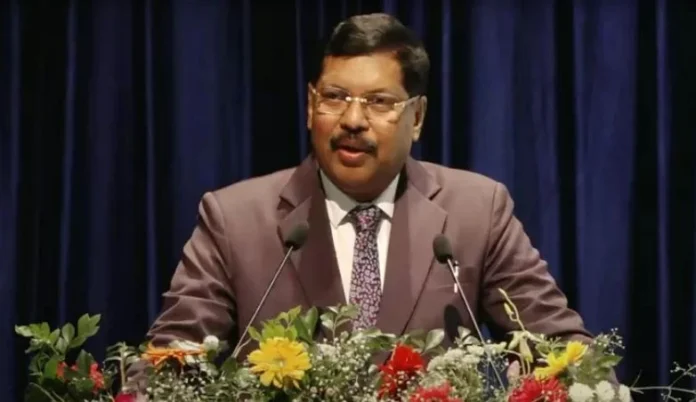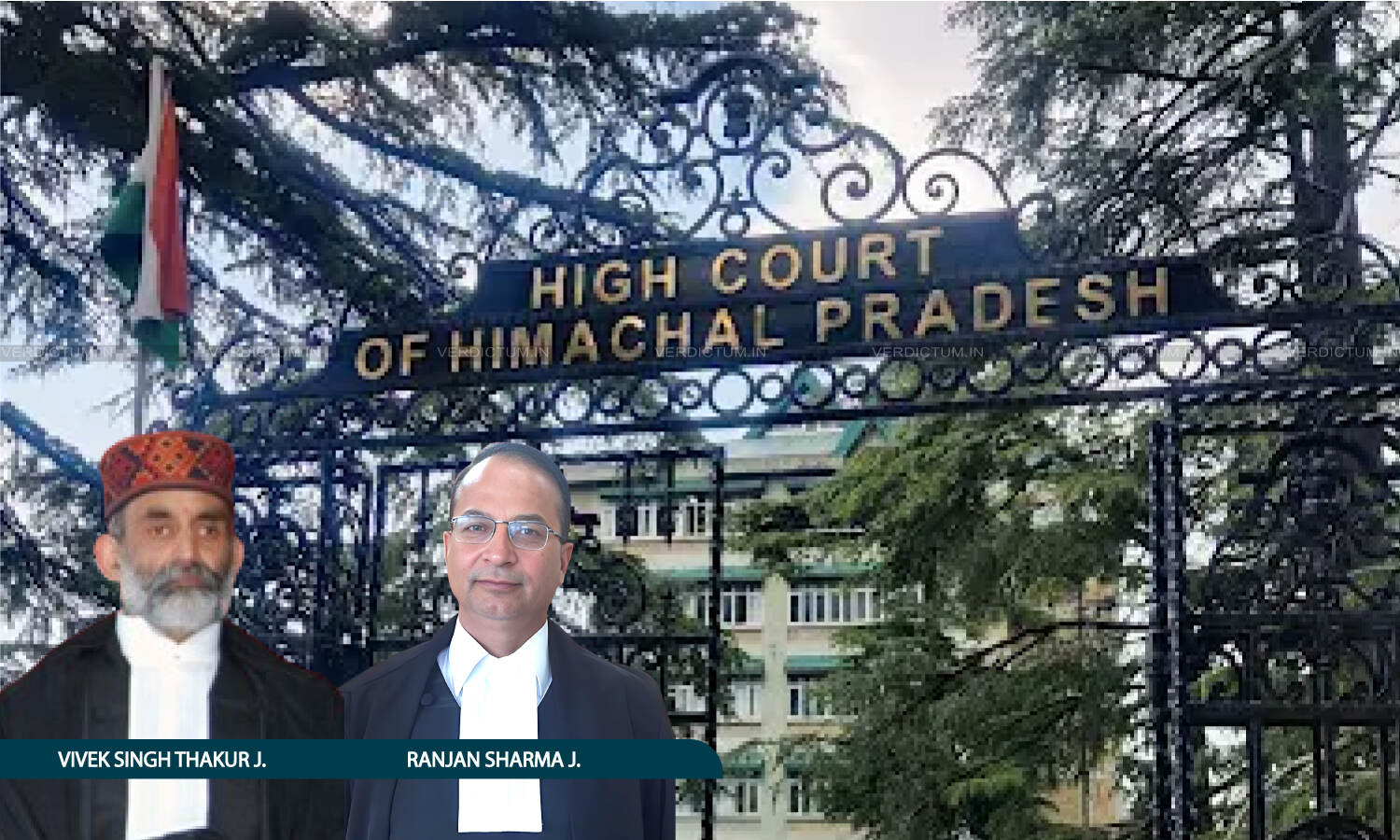CJI Gavai highlights importance of socio-economic justice in development

Chief Justice of India Justice BR Gavai has stressed on the importance of socio-economic justice in the development of a country.
Speaking in Italy on the topic ‘Role of Constitution in Delivering Socio-Economic Justice in a Country: Reflections from 75 Years of India’ on June 18, the CJI said that socio-economic justice was not merely a matter of redistribution or welfare, but a practical necessity, which ensured equal distribution of opportunities and inclusive development for all.
In order to achieve long-term stability, social cohesion and sustainable development, it was important to address the structural inequalities prevailing in marginalised sections of society, he observed, adding that socio-economic justice ensured that all individuals, regardless of their social or economic background, were able to live with dignity and freedom.
The CJI said no country could claim to be truly progressive or democratic without enabling its citizens to realise their full human potential and participate as equals in the social, economic & political progress of the nation.
Referring to the Supreme Court’s last year verdict against alleged bulldozer justice, CJI Gavai said the executive could not become the judge, jury and the executioner.
He said the Apex Court examined the decisions of the state authorities to demolish homes and properties of an accused, as a punishment even before they were convicted by a court of law.
The top court of India held in this case that such arbitrary demolitions bypassed the legal processes, violated the rule of law and the fundamental right to shelter under Article 21, he added.
The CJI further spoke about the tensions that arose in the early years between the judiciary and Parliament against the backdrop of efforts to realise socio-economic rights and led to the landmark judgement in the Kesavananda Bharati vs State of Kerala case, wherein it was held that the basic structure of the Constitution could not be altered.
In its subsequent verdicts, the Supreme Court, however, acknowledged that formal equality alone was insufficient. Substantive measures were necessary to realise the Constitution’s promise of justice and dignity for all, noted the CJI.
He said the nuanced approach to achieving socio-economic justice was strengthened both by Parliament through its legislative powers and by the Supreme Court through its constitutional interpretation.
Both Parliament and the judiciary have expanded the scope of socio-economic rights in the 21st century, he added.
The CJI enlisted some of the legislations enacted by the Parliament to advance socio-economic justice, including the laws prohibiting socially oppressive and discriminatory practices, such as the Bonded Labour System (Abolition) Act, the Child Labour (Prohibition and Regulation) Act, the Dowry Prohibition Act, and the Scheduled Castes and the Scheduled Tribes (Prevention of Atrocities) Act.
Each of these statutes represented a conscious effort to address historical injustices & structural inequalities, and build a legal framework that upheld the dignity and rights of all citizens, he added.






